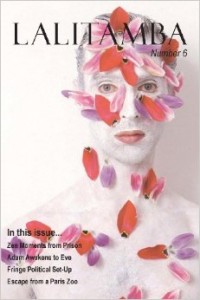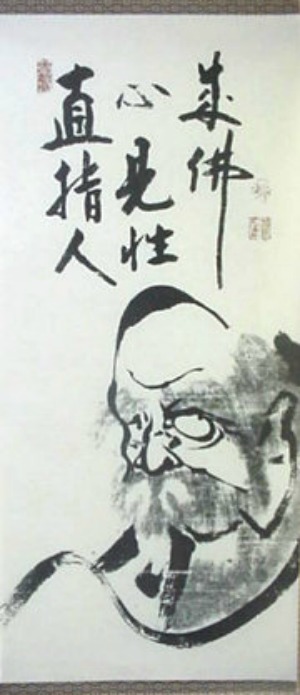 One month from now, my prose poem “The Sand Poet” releases in literary journal Lalitamba.
One month from now, my prose poem “The Sand Poet” releases in literary journal Lalitamba.
“The Sand Poet” is a philosophical piece about communing, the reality of impermanence, and the experience of non-attachment. A poet writes daily upon a beach, creating works that are pertinent in their moment: writing not to produce lasting works, but as a spiritual act of being. This story reminds and encourages us to recognize our nature, which is nature, to live and experience each moment, to unite, to be, and to let go.
To purchase issue #6 visit Amazon.com.
(A great Christmas present!)
“Lalitamba is a bold and innovative journal for liberation.From page to page, you’ll find the writings of saints, wanderers, prison inmates, and award-winning novelists. These are the mystics of our generation. They challenge us to live and to love without hesitation.The journal includes fiction, poetry, essays, interviews, translation, and artwork. Lalitamba was inspired by travels through India. The name Lalitamba comes from a devotional song. It means Divine Mother.” – Poets & Writers

